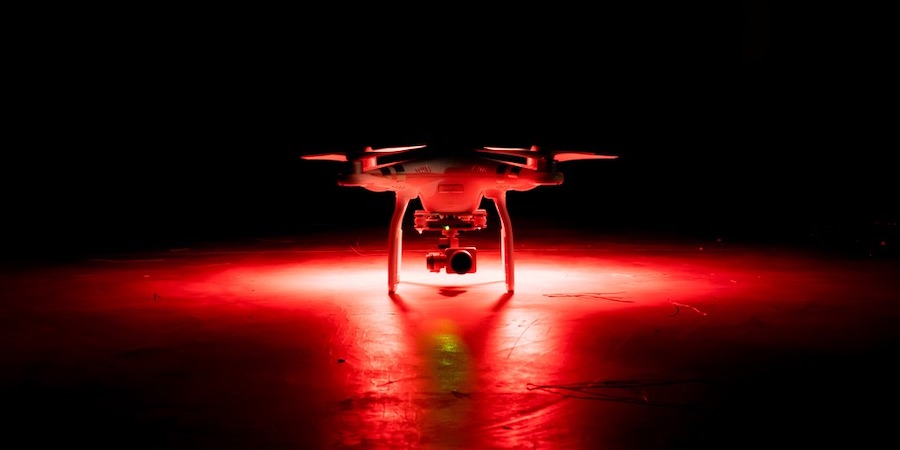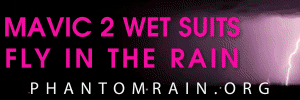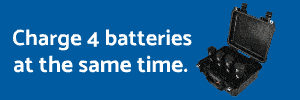Just been out in back garden for crafty smoke and noticed that it's a beautiful clear sky with full moon quite low in the sky, was tempted to launch MA2 up to 400' and see if I could get some atmospheric pics of moon with village lights below, however 2 things prevented me:
1 - I've never flown a drone at night, so a bit nervous..
2 - Not sure if MA2 camera is up to it as I've read somewhere that it doesn't fare well in low light conditions
Any thoughts?
1 - I've never flown a drone at night, so a bit nervous..
2 - Not sure if MA2 camera is up to it as I've read somewhere that it doesn't fare well in low light conditions
Any thoughts?













